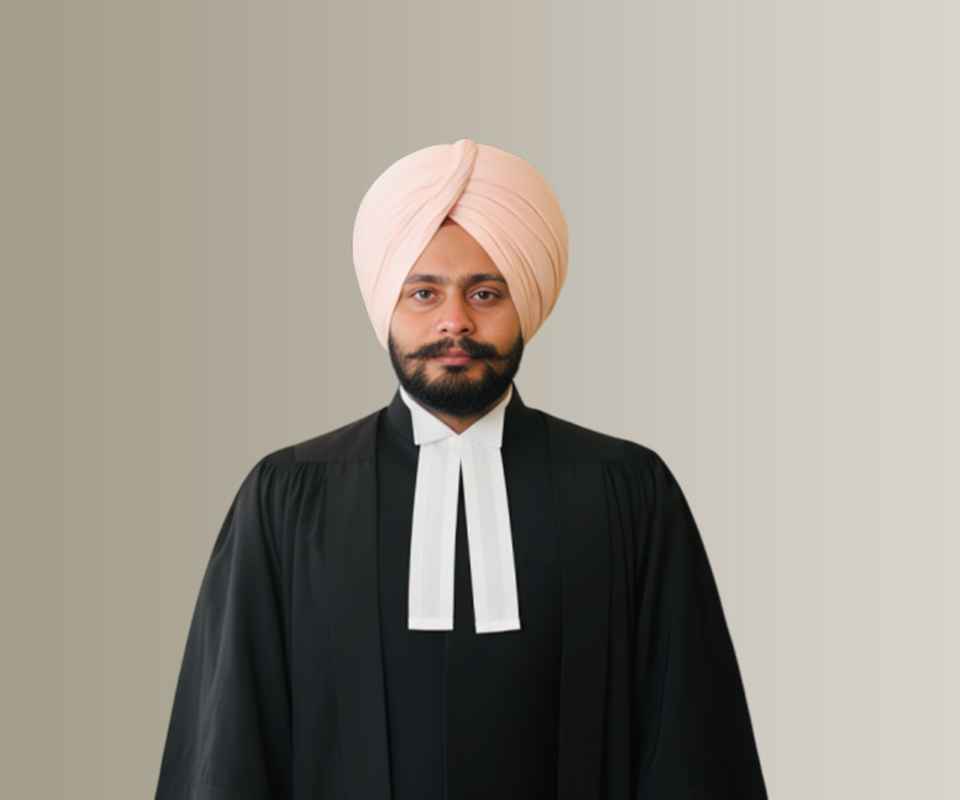Answer By law4u team
The enforcement of an arbitral award in India is a legal process that ensures that the winning party in an arbitration case receives the relief granted by the arbitral tribunal. While arbitral awards are generally binding, enforcement may not be automatic, especially in case of challenges or objections. The timeline for enforcing an award depends on several factors, including whether the award is domestic or international, the grounds for any objections, and the efficiency of the judicial system.
Enforcement Process and Timeline in India
Domestic Awards
Under the Arbitration and Conciliation Act, 1996, a domestic arbitral award (an award where both the parties are based in India) is enforced through a court order. The process is typically as follows:
Filing for Enforcement (Section 36):
The party seeking enforcement must approach the court (usually the district court or high court, depending on the jurisdiction) with an application to enforce the award.
This application must be filed within three years from the date the award becomes enforceable.
The award becomes enforceable once the period for challenging it (either for setting aside or appeal) has expired, or if the court has rejected such a challenge.
Stay of Enforcement:
A party may apply for a stay of enforcement under Section 36 if they plan to challenge the award. The court can grant a stay if there are valid grounds to believe that the award is flawed or legally unsound.
The party challenging the award must demonstrate the likelihood of success in setting aside the award, and if granted, the stay may delay enforcement.
Execution of Award:
Once the award is deemed enforceable (with no stay in place), the court will issue an order for execution. The court will take steps to ensure that the winning party receives their dues, including attachment of assets, if required.
Typical Timeline for Domestic Awards:
The enforcement process may take anywhere from 1 to 6 months, depending on the court's caseload, the presence of a stay, and any challenges raised by the losing party.
International Awards
For international arbitral awards (those involving foreign parties or conducted under foreign laws or institutions), the enforcement process is governed by the New York Convention (1958), to which India is a signatory. The process is as follows:
Application for Enforcement (Section 48):
A foreign arbitral award can be enforced in India by filing an application in a court under Section 48 of the Arbitration and Conciliation Act.
The court will recognize and enforce the award unless there are specific grounds for refusal under the New York Convention (such as a violation of public policy, lack of proper notice to the losing party, or the subject matter being outside the scope of arbitration).
Court Proceedings:
The court will examine whether the award satisfies the conditions for enforcement under Indian law and the New York Convention. If the award complies, the court will issue an order for enforcement.
No Automatic Enforcement: Even though the New York Convention requires that foreign awards be recognized and enforced, Indian courts will still have a role in reviewing the award to ensure that no public policy violations occur.
Typical Timeline for International Awards:
The enforcement of international awards may take 6 to 12 months, as there are additional layers of review and potential challenges under Indian law and the international framework.
Example:
A foreign company wins an arbitration against an Indian company under the ICC (International Chamber of Commerce) rules. After the final award, the foreign company files a petition in India to enforce the award. If the Indian company does not file an objection, the process may take around 6-9 months for enforcement.
Factors Influencing the Timeline for Enforcement
Grounds for Challenge
If the losing party challenges the award in court, the process may be delayed. Under Section 34 of the Arbitration and Conciliation Act, the losing party may file a petition to set aside the award, leading to a stay of enforcement. The challenge must be made within 3 months from the date the award is received, and the court’s review may take time.
If the challenge is dismissed, enforcement can proceed, but if the court grants the stay, enforcement will be delayed until the challenge is resolved.
Example:
A party challenges the award under Section 34, claiming that the tribunal was biased or the award violated public policy. This challenge may delay the enforcement process by several months or even years, depending on the complexity of the case.
Presence of a Stay or Injunction
If the court issues a stay on enforcement, the timeline will be prolonged until the stay is lifted or the appeal process concludes.
Example:
A party files an application to stay the execution of the award pending an appeal. If the court grants the stay, enforcement cannot proceed during the pendency of the appeal.
Court’s Caseload and Efficiency
The time it takes for a court to process the enforcement application depends on the court’s caseload and the efficiency of the judicial system. Some courts may have a backlog of cases, resulting in a longer enforcement process.
Cases that are uncontested and straightforward may be processed faster than cases involving complex issues or international elements.
Nature of the Award
Whether the award is a domestic or foreign award also affects the enforcement process. Foreign awards require additional scrutiny, leading to potentially longer delays due to international treaties, jurisdictional issues, and enforcement mechanisms.
Foreign awards also involve the consideration of reciprocity (whether the country where the award was made would recognize an Indian award), which may delay enforcement.
Legal Protections and Consumer Actions
Challenge an Award Promptly
If you believe that the award is flawed, it is crucial to file an objection or challenge within the prescribed time frame (3 months from receiving the award). If a challenge is not made in time, the chances of delaying enforcement are reduced.
Example:
A party who wishes to challenge an award for reasons like a breach of public policy must act within 3 months, failing which the award will be enforced without further delay.
Monitor Enforcement Process
After an award is deemed enforceable, monitor the enforcement process closely. In case the losing party tries to evade payment or assets, timely action (e.g., attachment of assets or garnishment orders) can be sought.
Example:
If the losing party delays payment, the winning party can request the court to initiate asset attachment to compel payment.
Seek Legal Advice
If there is uncertainty regarding the enforcement of a domestic or international award, seeking legal advice from experts in arbitration law is advisable to navigate the process efficiently and ensure timely enforcement.
Example:
A party unsure whether their international arbitration award can be enforced in India should consult a lawyer experienced in cross-border arbitration enforcement.
Example
Suppose TechCorp Ltd. in India wins an arbitration against GlobalTech Ltd. (a foreign company) under ICC arbitration rules. The final award is issued in favor of TechCorp Ltd. for ₹10,00,000.
Steps to Enforce the Award in India:
- TechCorp Ltd. files a petition in the Delhi High Court to enforce the ICC award under the New York Convention.
- The court reviews whether the award complies with Indian law and the conditions for enforcement under the Convention.
- The court issues an order for enforcement, attaching the assets of GlobalTech Ltd. in India if necessary.
- If there are no objections or challenges from GlobalTech Ltd., the enforcement process may take 6 to 9 months.







